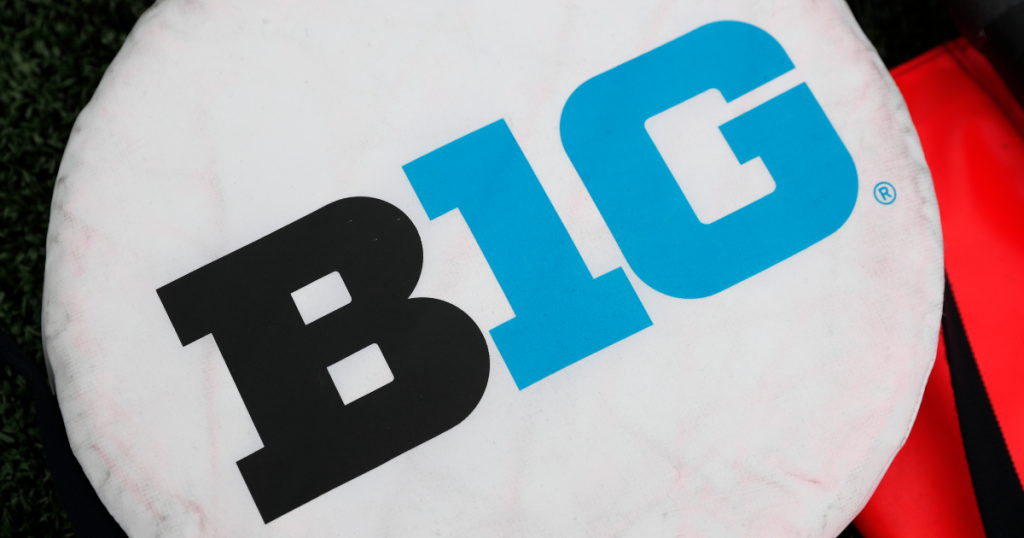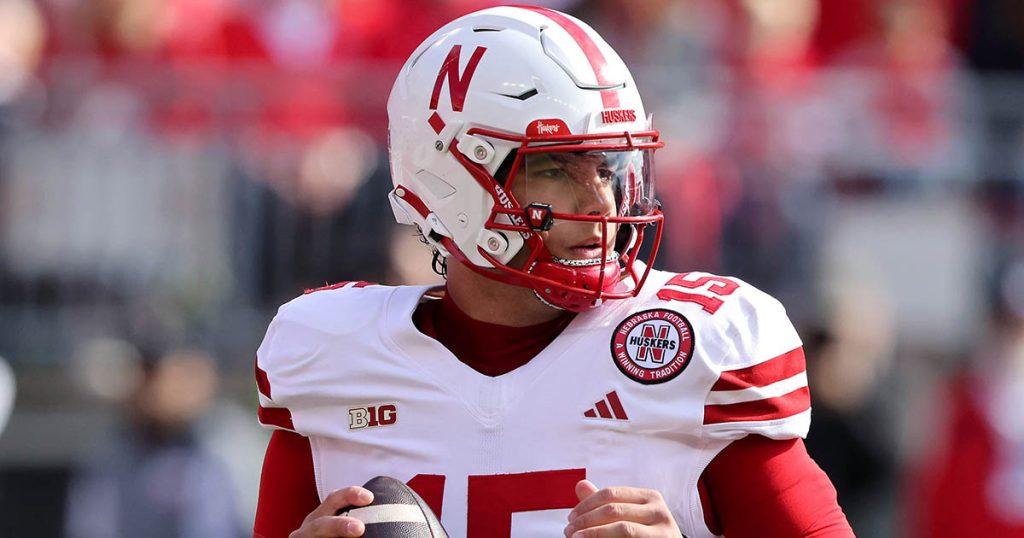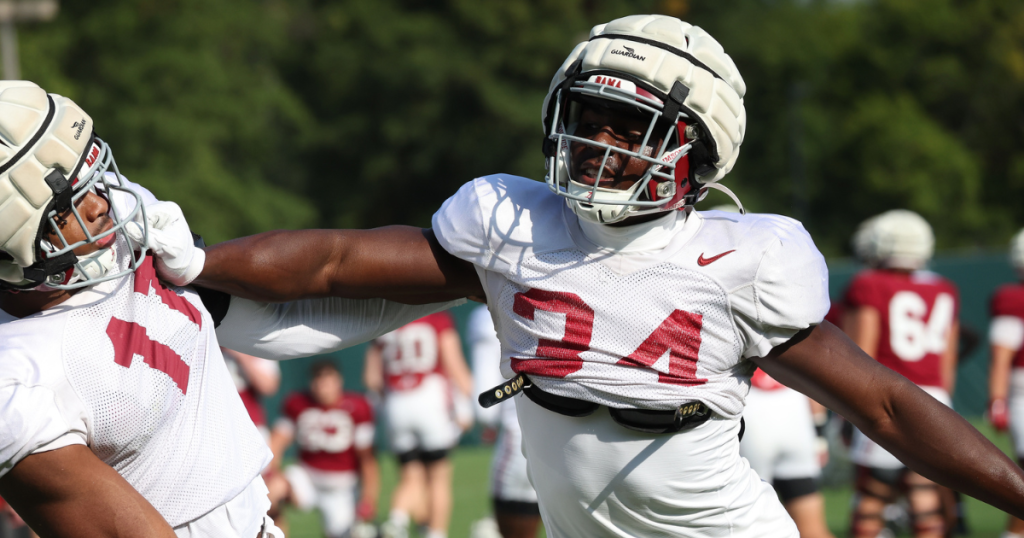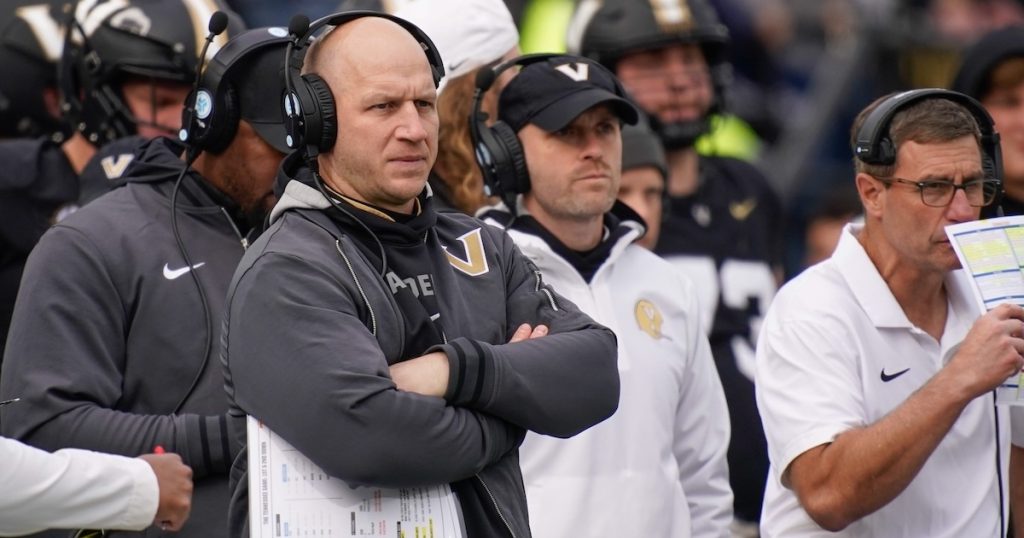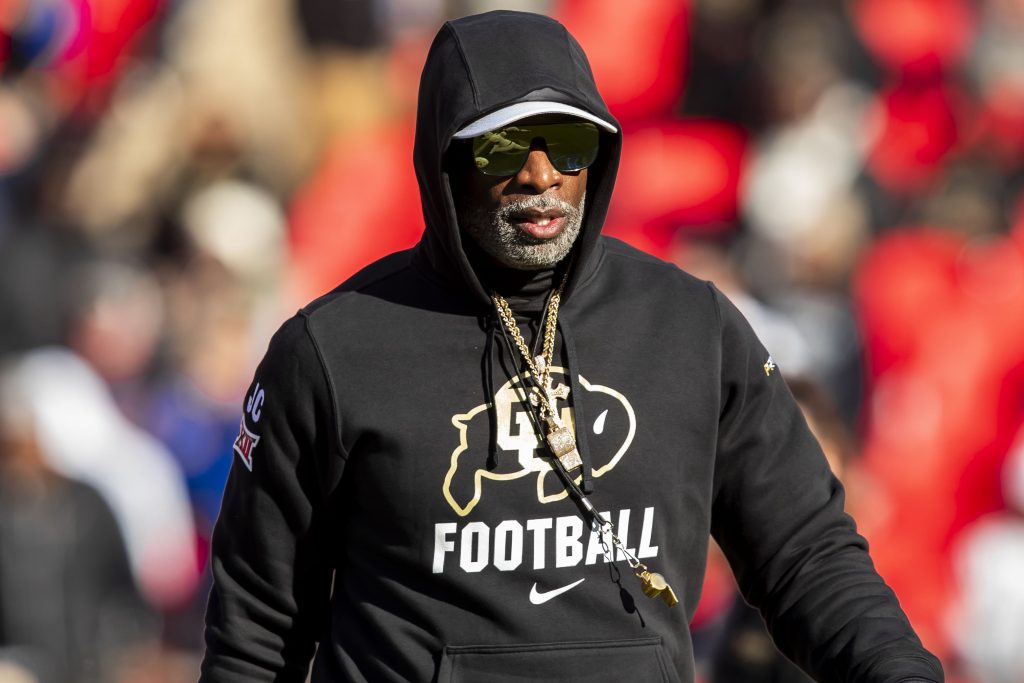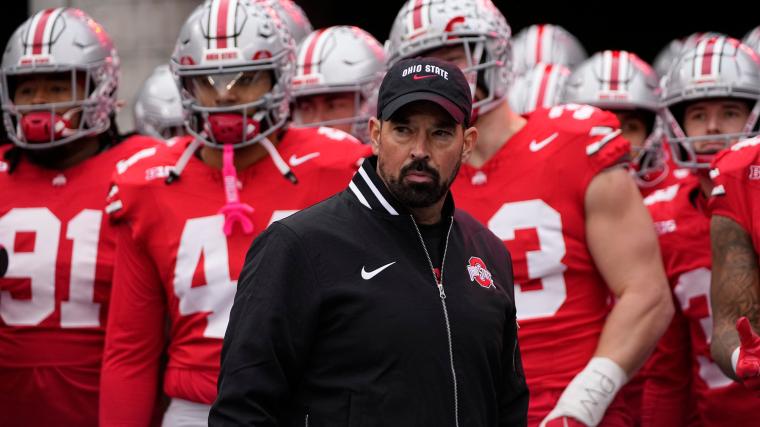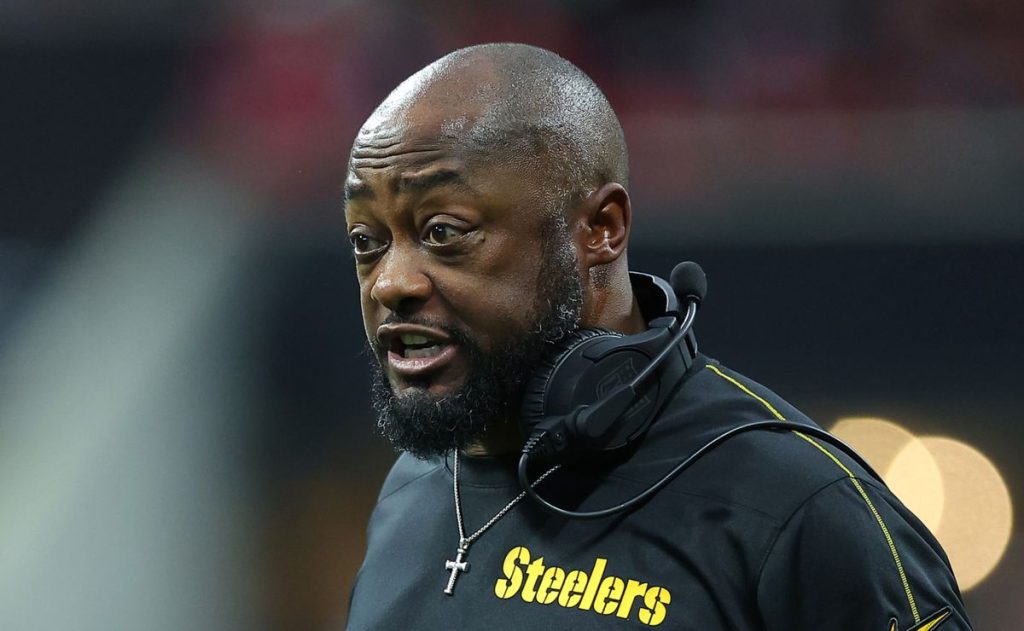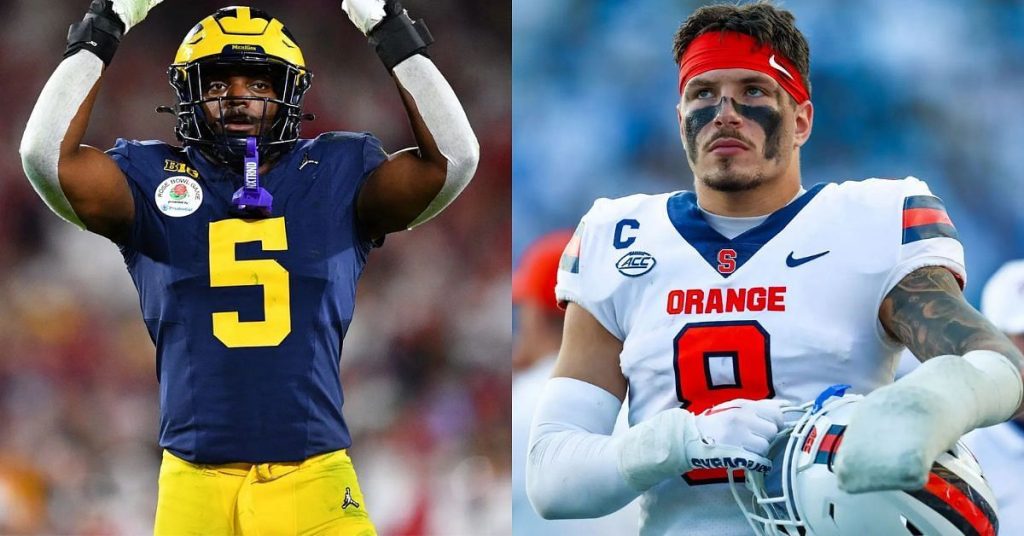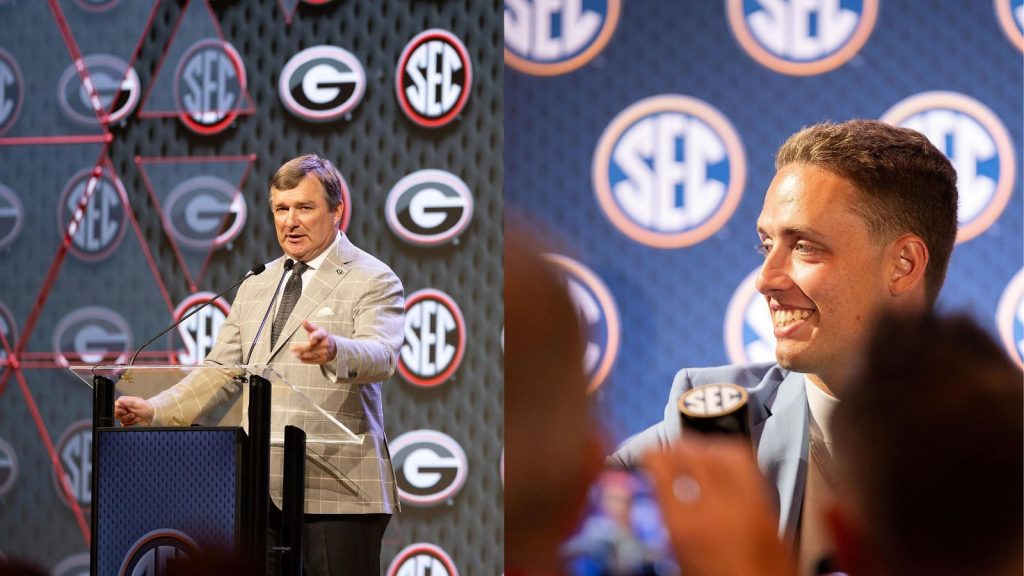With Indiana on the receiving end of a beatdown for most of the night in South Bend against Notre Dame, ESPN play-by-play announcer Sean McDonough didn’t do much to hide his feelings in the dying seconds. His commentary raised eyebrows, especially as he questioned whether the Hoosiers truly deserved a spot in the College Football Playoff field.
Indiana’s Regular Season Performance
Indiana finished the regular season with an impressive record of 11-1. However, a glaring issue stands out: they did not defeat a single team that finished ranked in either the AP Poll or the College Football Playoff rankings. This lack of marquee victories led many to speculate about their at-large bid, which many assumed would go to a one-loss team from either the Big Ten or SEC. But McDonough’s comments suggest that the conversation about Indiana’s inclusion was more complicated than it appeared.
Questioning the Hoosiers’ Resume
“I didn’t understand why Indiana wasn’t included in that conversation,” McDonough remarked, referring to the bubble teams that ultimately boiled down to Alabama and SMU. “I know they’re 11-1, but what was it about their resume that said they were clearly more deserving than SMU or Alabama?” This question strikes at the heart of the debate surrounding Indiana’s qualifications and the criteria used to evaluate playoff contenders.
The Role of Conference Prestige
His partner in the booth, color commentator Greg McElroy, offered insight into why Indiana might have received a boost in the rankings. “I think it was the Big Ten,” he said. “I also think it had something to do with how convincing it looked and the ‘eye test’ and the execution level they had against subpar competition.” McElroy pointed out that Indiana’s schedule was not particularly challenging, especially given the recent expansion of the Big Ten and the notable regression of teams like Michigan and Washington.
Self-Inflicted Wounds and Missed Opportunities
McElroy further elaborated on Indiana’s performance, noting that self-inflicted mistakes in their game against Ohio State contributed to their struggles. “They had a lot of self-inflicted mistakes against Ohio State. That’s why that game got sideways,” he explained. He added that the game could have been worse had Ohio State played better along the line of scrimmage, suggesting that Indiana’s potential was not fully realized in that matchup.
Challenging Perceptions of the Big Ten
McDonough then took aim at the prevailing perception that the SEC and Big Ten are superior to other conferences. “I think they need to lose the assumption that the SEC and the Big Ten are clearly head and shoulders above everybody else,” he asserted. “Particularly the Big Ten. I mean, the SEC has the recent history: Alabama, Georgia. But the Big Ten’s won two national championships in college football since when, 2002?”
Historical Context of Big Ten Success
Since the 2000 season, only three teams have won national titles while playing in the Big Ten: Ohio State in 2002 and 2014, and Michigan in 2023. This historical context raises questions about the conference’s current dominance and whether it justifies the high regard in which it is held. Both the Big Ten and SEC have added teams that have also won national titles since the turn of the century, complicating the narrative.
Strength of Schedule and League Comparisons
McDonough continued to challenge the notion that the Big Ten’s strength of schedule is inherently superior to that of other conferences. “But I just don’t understand why there’s this presumption, it seems for many, that the Big Ten in particular is so much better than the ACC or Big 12,” he stated. “Not sure what that’s based on. There’s a lot of talk about strength of schedule. Well, you’re playing each other. So if you just assume, ‘Well, our league’s better than everybody else, so therefore our schedule is tough.’ What if your league isn’t better than everybody else? Is your strength of schedule better than everybody else?”
The Bigger Picture
As the College Football Playoff picture continues to unfold, the debate surrounding Indiana’s inclusion highlights the complexities of evaluating teams based on their performance, schedule, and conference affiliation. With passionate voices like McDonough and McElroy weighing in, it’s clear that the conversation about who deserves a shot at the national title is far from settled.
Will the committee take a closer look at the criteria used for selection? Are we ready to rethink our assumptions about conference superiority? As college football fans, these questions are vital as we navigate the thrilling and often contentious landscape of the sport. The journey to the playoff is filled with twists and turns, and every game counts. Let’s see how it all unfolds!

